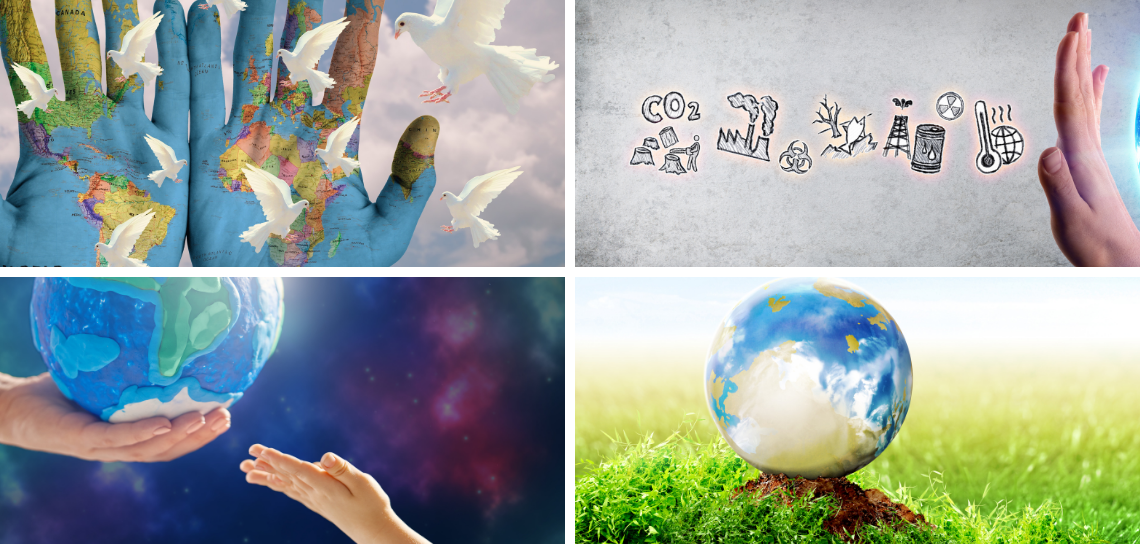
Talk 7: Know not thy demons!
(Contributed by Maya Struzak, 18, San Jose, California)
Angels and demons of animal nature
Bears are gentle and devoted but may become aggressive when it comes to protecting their young. Dogs are friendly and loyal but may bite if incited.
When young we learn all about various animals, their characteristics, behaviour and habits. Are they desirable or undesirable? The importance of learning about both sides of an animal’s persona lies in the understanding of its capacity for good as well as harm, whether it is beneficial or not to humans. We acquire such vital knowledge in order to assess our own level of safety and get around our emotional stress. This, accordingly, helps us to find ways to react in a way suitable for the animal’s behaviour.
Angels only of human nature
When it comes to other humans, however, we deviate from this approach. From school to home, children learn about what makes a good human being, focusing on only positive attributes – the “better angels” of our specie’s nature. This behaviour has greatly, but only, benefitted humans, not the poor mother Earth. Influenced by this policy, educationalists, distinguished professors and parents deliberately hide from their children the inherent negative vicious traits, “demons”. These hidden demons secretively amplify for they are inherent. When confronting an unexpected situation, they show up like huge blood-thirsty ogres.
Many argue that children should not learn about the ugliness of humans or their evil deeds. They need to know only their goodness and humanity in order to grow into “good” people. The partisans of this opinion consider it unwholesome for children to know and understand their flaws; by being unaware they will grow up into virtuous adults. But by hiding human shortcomings from children, the children risk succumbing to bad behaviour – simply because they do not know if and why they are bad. With half-complete education the young grow up falsely believing that they can do only good and nothing wrong. But when the reality of the other half-truth hits them in the face, they do not know how to handle their nasty flaws in the overall ecological context. The I-ness of BHG takes over and leads them astray.
Unbalanced learning
It is said that an average person lies around twice a day. If children have never learned the concept of lying, they might not understand what constitutes a good or bad lie. They might see lying as an act of deception, a tool to protect themselves. Unaware of the consequences, intensive lying demage their psyche. They can destroy their sense of self, not just departing from what we would categorize as a “good” person. They might possibly irreversibly injure themselves becoming a menace to nature and mother Earth.
Repair the faulty human gene
Evidently it has become urgent to treat our education system first by injecting it with the tested old cure: repairing the faulty I-ness gene in BHG. This will enhance our ability to feel that we belong to nature. The young learn all about the positive and negative behavioural aspects of other animals. In the same manner, they should be taught that they are infected with equally, if not more dangerous flaws than the other living species living our Earth . They should be able to recognize the vicious and malignant flaws early. In mature BHG the infectious gene mutates and becomes chronically embedded, Then the consequences of its expression become extremely difficult to cure.
Becoming aware of the inherent faulty instincts, the young are equipped with a better understanding of the whole. If they know how dangerous greed or lying can become, along with the usefulness of the occasional white lie, they can learn how to manage and live with this human flaw. The young will become aware of the damage they can do, as well as the good, and learn of the distinctions between the two in order to develop into well-balanced, morally and ethically sound individuals.
Surely this will make Earth well again.